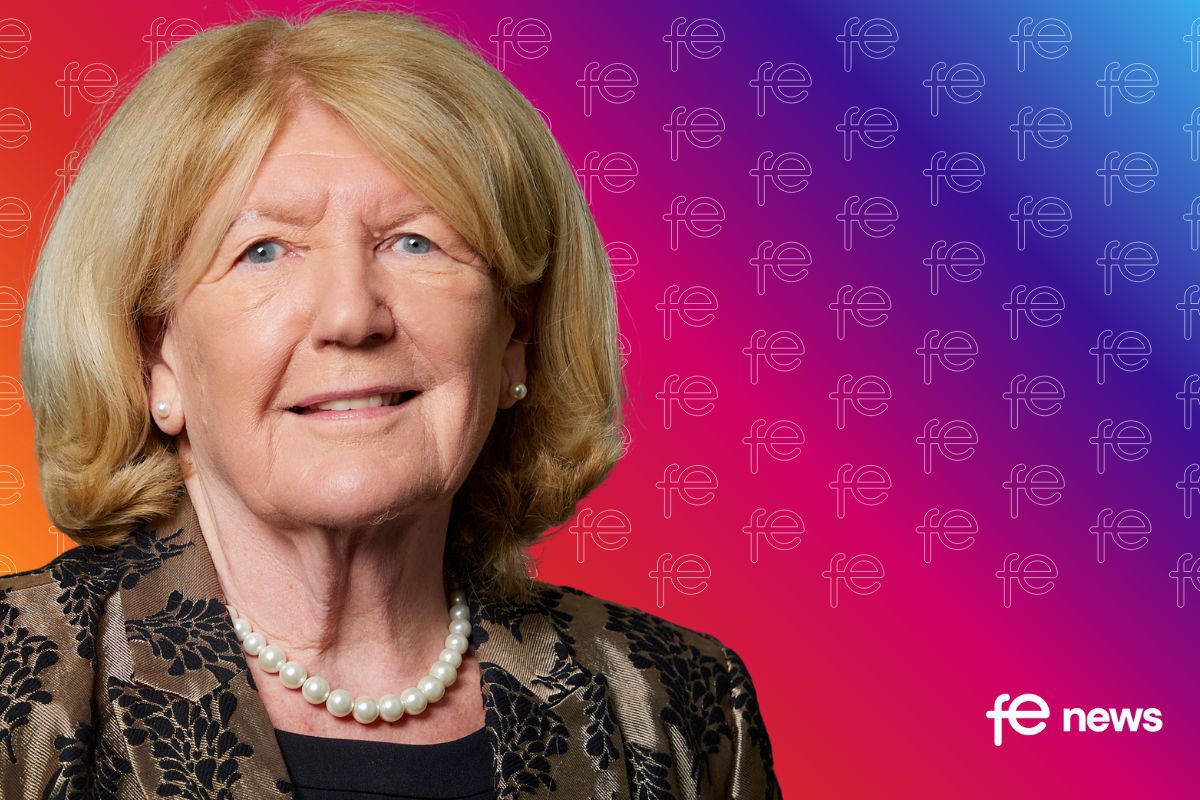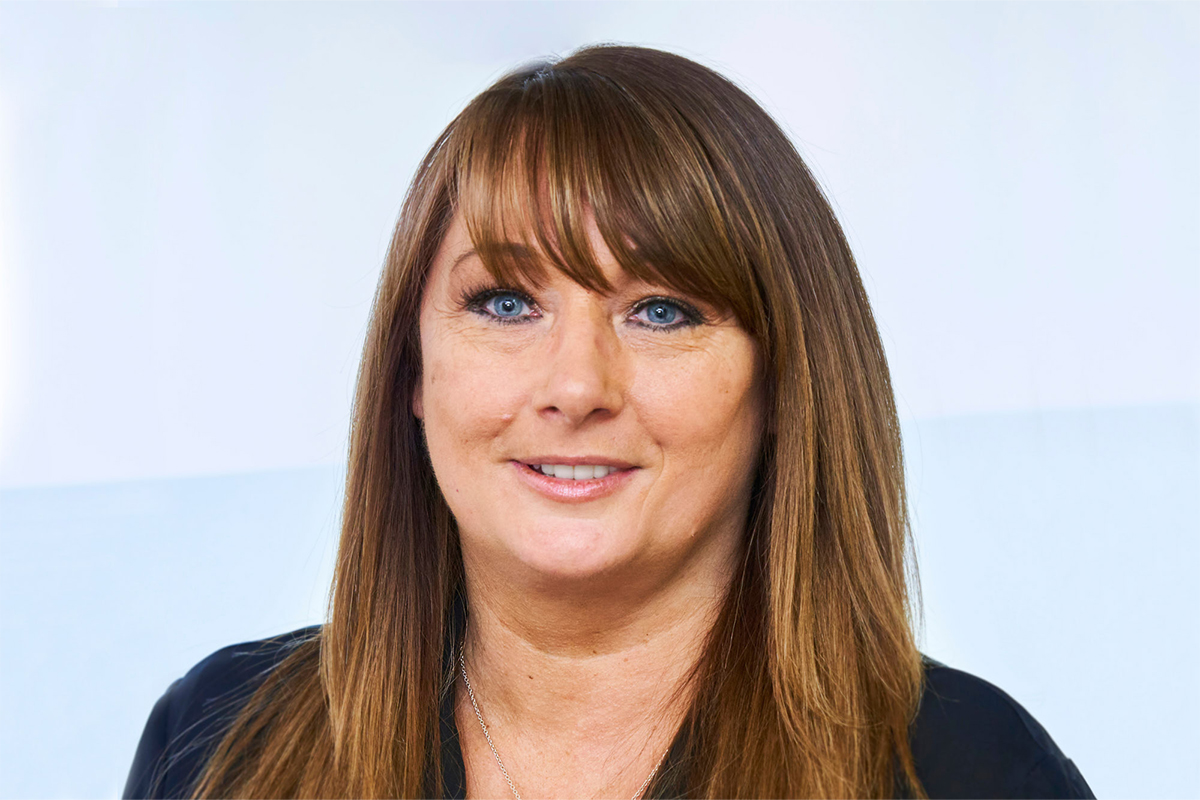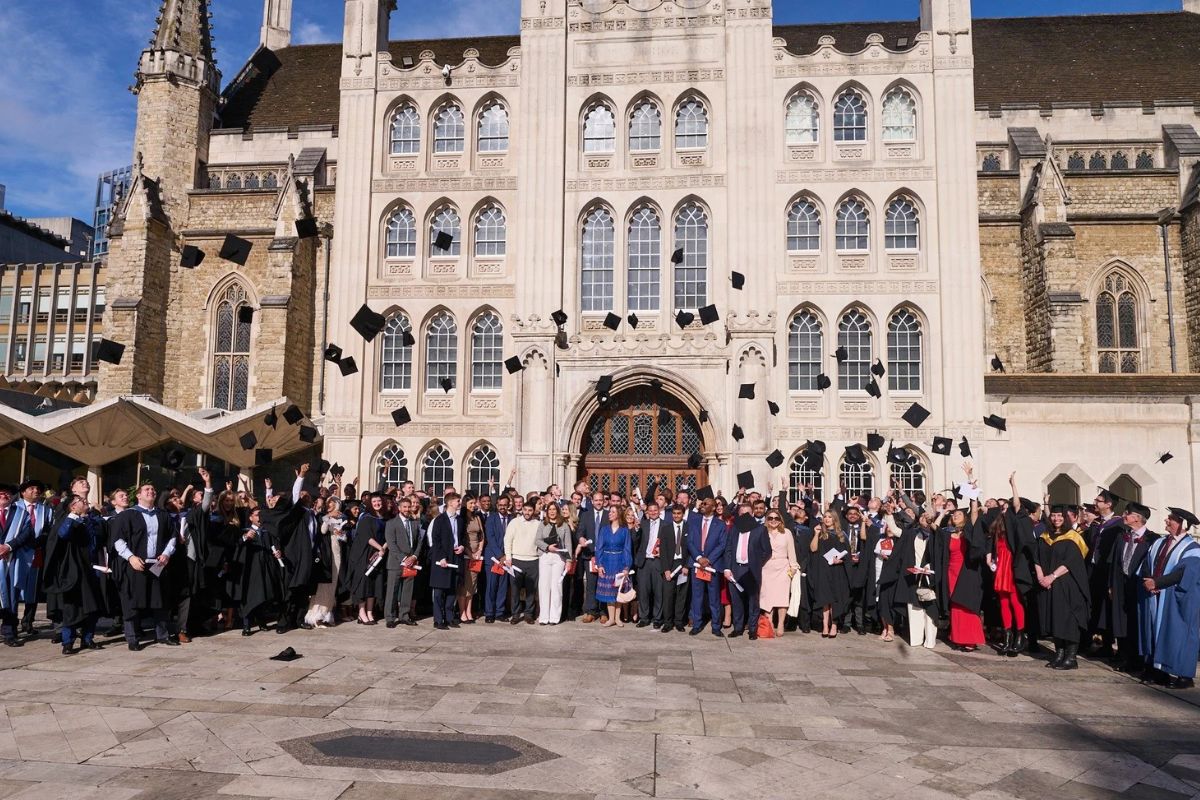Largest ever global youth consultation reveals need for new British education strategy

Largest ever global youth consultation reveals young people in Britain want to achieve ‘personal happiness’ but lack a clear learning and support pathway to build a life they desire
The largest open consultation ever conducted on young people around the world has revealed global climate change is the number one collective challenge for British youth, but they are most worried about their own financial future at an individual level. The findings, released as part of the Youth Talks Project- an initiative from the Higher Education for Good Foundation, also shows young people in the UK crave personal happiness (41%) as a top priority but lack a clear pathway to achieve it. Outside the Western world, ‘individual success’ was ranked as the #1 wish.
The global consultation engaged 45,000 participants between the ages of 15-29 across 212 different countries and territories, with over 2,000 young Brits contributing. The first open-ended, unprompted consultation of its kind conducted online, it accepted free-form submissions spanning written text, audio and video files, and was analysed by Artificial Intelligence (AI) to discover what young people REALLY wish for and are most concerned about.
Interestingly, the personal happiness that is front of mind for UK and US-based youths is not related to their professional careers, committed relationships, or experiences like travel or personal development, but includes the notion of ‘being satisfied’, ‘living a good life’ and ‘joy’. This is a stark contrast to young respondents in the UAE who align happiness with ‘making money’ and their ‘personal finances’.
Over half (51%) of young Britons are most concerned about environmental issues such as climate change – when it relates to the outside world. But when considering their own future, their biggest worry is their financial situation (39%). The environmental crisis is cited by only 6% of respondents as something they could see impacting their own lives, with the majority mentioning the impact of global warming. Despite climate change being their biggest worry for the world, only 38% of UK-based youth would give up items of material consumption, activities (16%) or meat and junk food (14%) to fight climate change.
When asked what ‘knowledge, skills and behaviours’ young people in the UK would like to be taught at school and university to ‘build the future they desire’, only 10% stated practical life skills such as personal finance management – despite over a third being concerned about their own financial situation. They instead favoured environmental protection knowledge (24%), and softer skills and values, such as kindness, respect, acceptance, and open-mindedness (21%). This shows how a new approach to teaching and personal development is needed to help the young achieve the future they desire.
Marine Hadengue, Executive Director at Higher Education for Good Foundation, said:
“The results of our consultation have been a real eye-opener. For the first time ever, we can see the real unfiltered hopes, fears and priorities of young people in Britain and around the world. The consultation design allowed unscripted and unbiased responses to come through – that haven’t been influenced through multiple choice response prompts and fully allowed the youth to self-express. Although the responses show a mixture of anxiety and optimism, they also reveal the need for a new approach to education that includes an evolving role of teachers and university professors to more mentorship and facilitation-based roles, allowing the young to find a common ground while pursuing their personal goals.”
“Today, when any information, including poorly informed advice, can be found online almost instantly, teaching and knowledge sharing must focus on helping young people think for themselves, navigate their way through the complex issues we face as a society, and make sense of the modern world. This, in turn, will have a positive impact on the wider national workforce and the UK economy, allowing big business to leverage the younger generation’s passion for shared values and ethical behaviour to build a more diverse and inclusive workforce. Those must then be balanced with their uncompromising desire for personal happiness and financial security.”











Responses